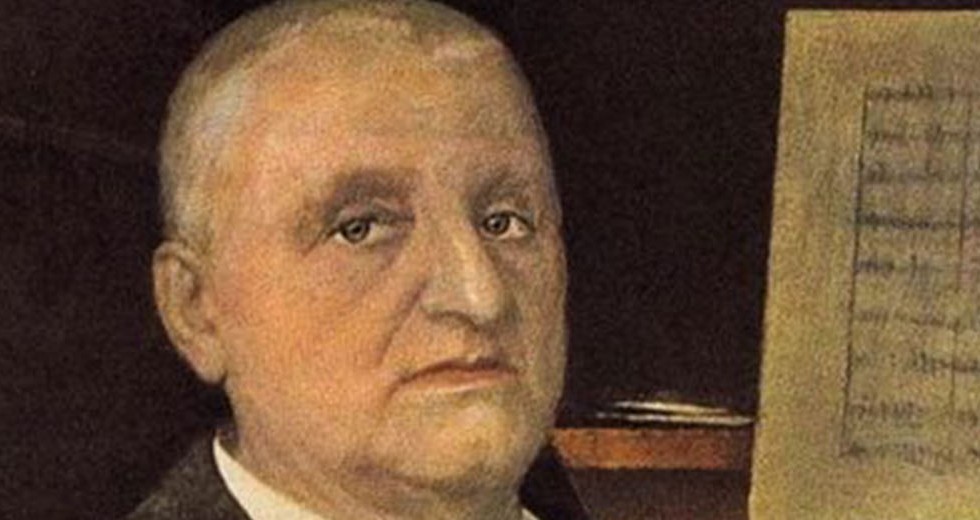
Anton Bruckner, the humble son of an Austrian schoolteacher, followed his own musical path. His life spanned the Romantic era: In 1824, the year of Bruckner’s birth, Schubert turned 27 and Beethoven, then 54, completed his Ninth Symphony. In 1896, the year of Bruckner’s death, Arnold Schoenberg turned 22 and Richard Strauss’ Also Sprach Zarathustra received its world premiere.
A master organist, Bruckner studied all the basics – harmony, counterpoint — and continued his studies into his late 30s. Even so, he did not begin composing in earnest until he was almost 40. While the musical establishment argued over Brahms or Wagner represented the future of the art form, Bruckner and his music stood apart from either school.
While he made the acquaintance of such notables as Berlioz, Liszt and Mahler, he worshipped Wagner. The dedication page of Bruckner’s Third Symphony reads: “To the eminent Excellency Richard Wagner the Unattainable, World-Famous, and Exalted Master of Poetry and Music, in Deepest Reverence, Dedicated by Anton Bruckner.”
Although he revered Wagner, he did not imitate him either as a person or composer. Wagner was a tireless self-promoter. Bruckner was a man of the church, a pious Roman Catholic for whom mass and the sacraments were intense religious experiences. Bruckner wrote no operas and while some historians claim that he attempted to write Wagnerian symphonies, he did not. Bruckner’s symphonies are pure Bruckner with vast areas dedicated to the statement of themes and their manifold restatements. One writer called them “cathedrals of Gothic grandeur.”
Bruckner suffered with bouts of depression and had some form of obsessive-compulsive disorder. He kept a written record of the number of “Hail Marys” that he said each day. Socially inept, he proposed marriage to a number of women whom he hardly knew, and he was not treated well by the musical establishment. Renowned critic and music gadfly Eduard Hanslick called Bruckner’s Symphony No. 7 “unnatural, bombastic, sickly and decadent.”
Yet 117 years after his death, Bruckner’s symphonies regularly appear on orchestra programs worldwide, and his works have been championed by conductors of succeeding generations.
His Seventh Symphony brought Bruckner great success. His eighth was his most ambitious. He spent his last years on his Ninth Symphony. He told his doctor that he would dedicate it to “The King of Kings, our Lord.” The final movement occupied Bruckner for two full years. He did not live to finish it.
The harmonies of the Ninth Symphony point to Mahler and Schoenberg. The third movement begins with the very 20th-century-sounding interval of a ninth. It’s as if the humble Bruckner is stepping into a new sound world.
Chicago-based writer Jack Zimmerman has authored a couple of novels, countless newspaper columns and was the 2012 recipient of the Helen Coburn Meier and Tim Meier Arts Achievement Award. He currently works as subscriber relations manager for Lyric Opera of Chicago.